A Reddit post that recently caught fire in automotive circles struck a nerve with thousands of drivers. The author’s blunt declaration was simple: “I plan to drive my 2013 Civic until it dies.” What began as one person’s response to the modern car market has snowballed into something bigger. It has become a rallying cry for everyday drivers who feel squeezed, ignored, and increasingly treated as cash machines on wheels.
Why This Civic Story Matters
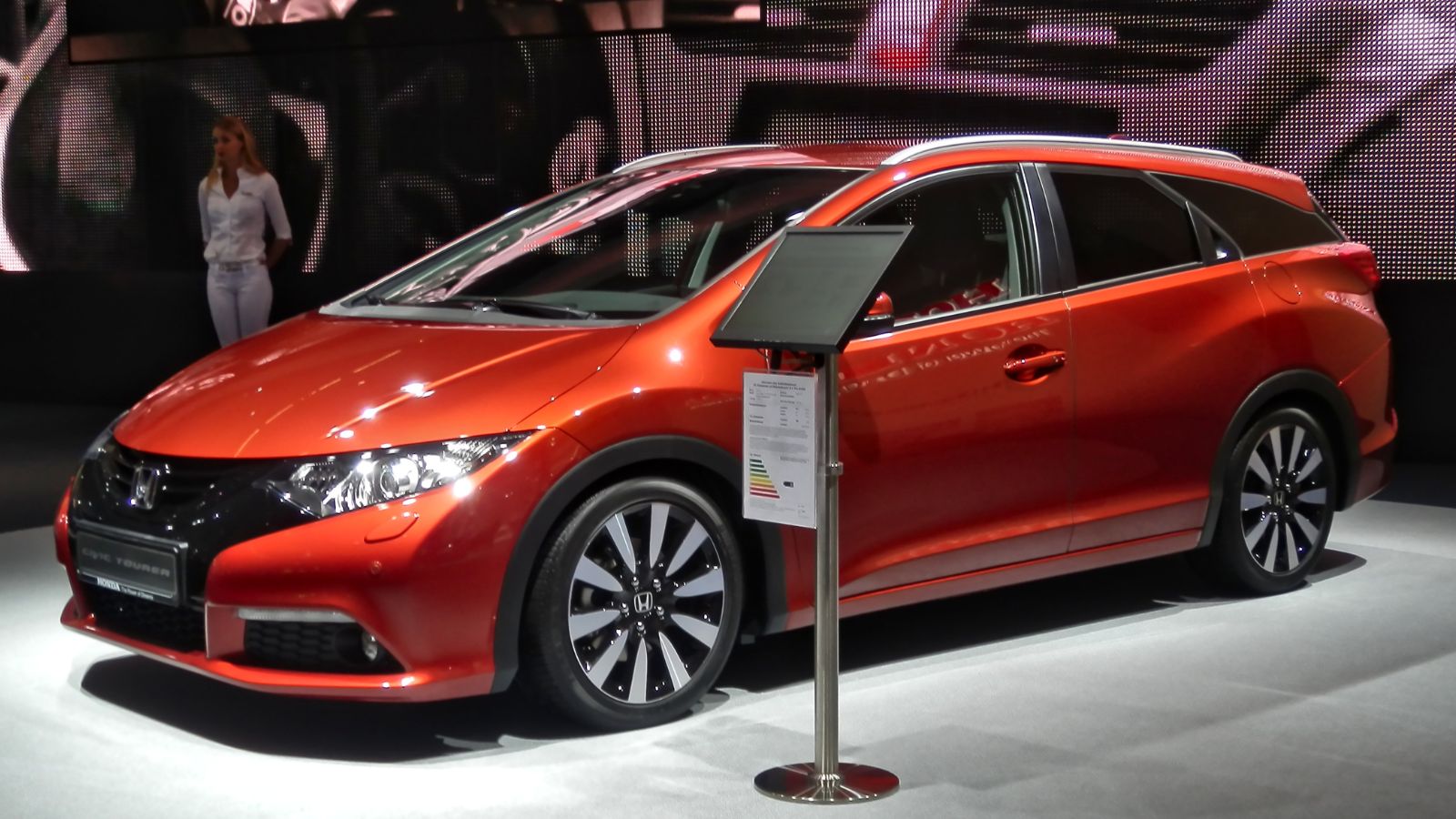
The post resonated because it was not about a flashy new model or a collector’s dream car. It was about a humble 2013 Honda Civic, a car known for its reliability, modest styling, and reputation as a true workhorse. The point was not that the Civic was special, but that it represented a kind of ownership experience many drivers miss. It stood for affordable, durable transportation that did not force you into complicated systems or constant upgrades.
The Civic also symbolizes an era of cars that were engineered for the long haul. They had fewer delicate electronics to fail, parts were cheaper to replace, and maintenance schedules were straightforward. It is no surprise that people are holding onto them. The Civic story shows how drivers are starting to view their cars less as status symbols and more as partners in daily life.
The New Car Market Shock

The Reddit user explained their revelation came after a casual trip to check out new cars. What they found was sticker shock. Prices that once belonged to luxury sedans are now common for compact crossovers. A basic family SUV often climbs well past forty thousand dollars, while trucks and EVs regularly stretch into the sixty to eighty thousand dollar range. For many shoppers that is more than a year’s income.
This reality has left buyers frustrated. Even those willing to spend are asking if they are truly getting value. Many find themselves leaving dealerships empty handed, realizing that a well maintained older car makes far more financial sense. Instead of being excited by new designs, many drivers feel alienated by how out of reach basic transportation has become.
Features Nobody Asked For
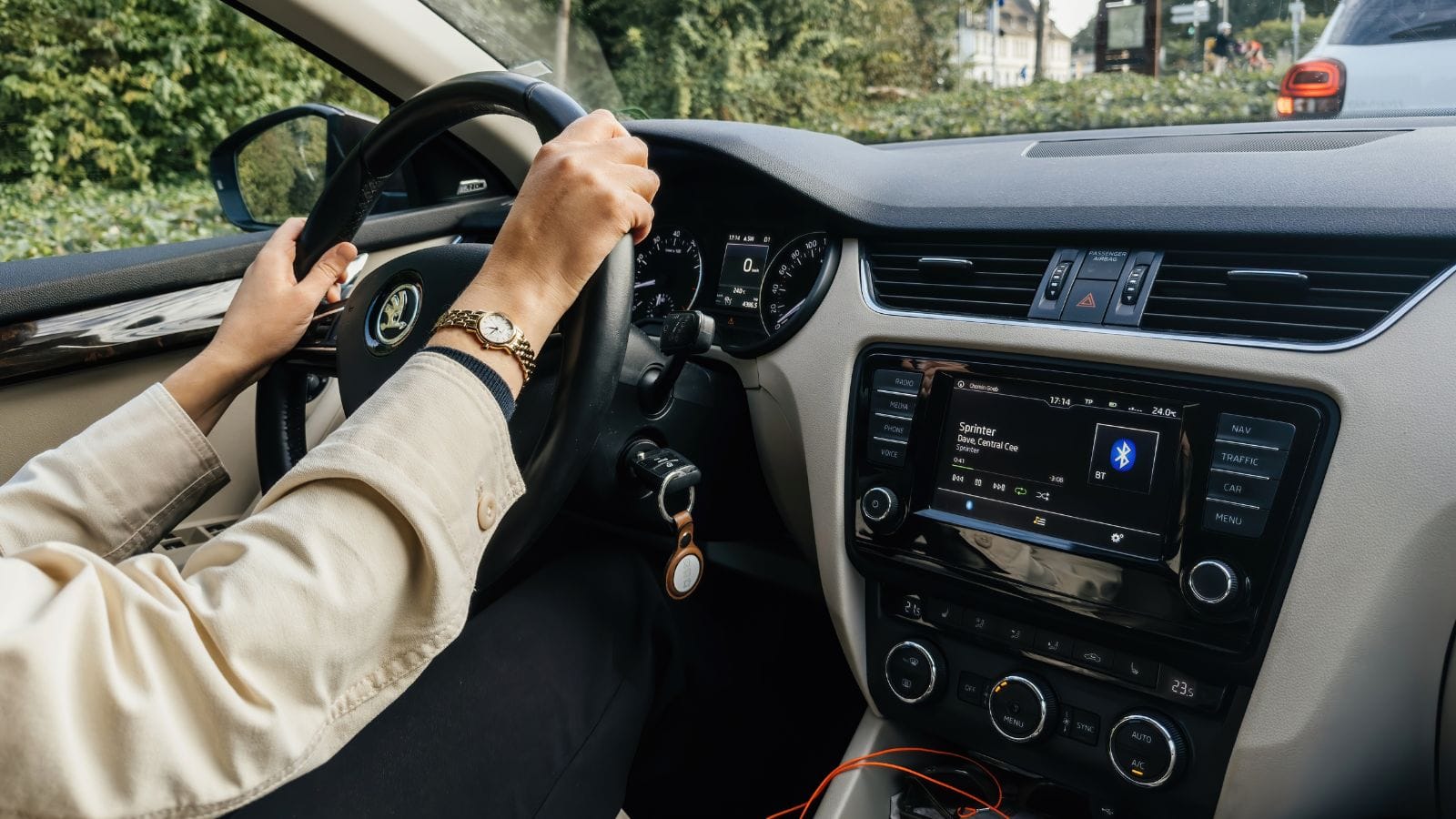
Even if you can stomach the price, today’s cars often feel overdesigned. Touchscreens replace knobs and buttons, forcing simple adjustments like changing the temperature or adjusting the radio into confusing menus. Endless driver assistance systems interrupt with beeps and alerts, while subscription based features lock convenience behind monthly payments.
A car should be a tool you can count on, not a rolling gadget that tries to mimic your smartphone. Drivers increasingly feel they are paying more but getting less satisfaction. What should make driving easier often ends up frustrating owners with glitches, updates, and unnecessary complexity.
Planned Obsolescence on Wheels
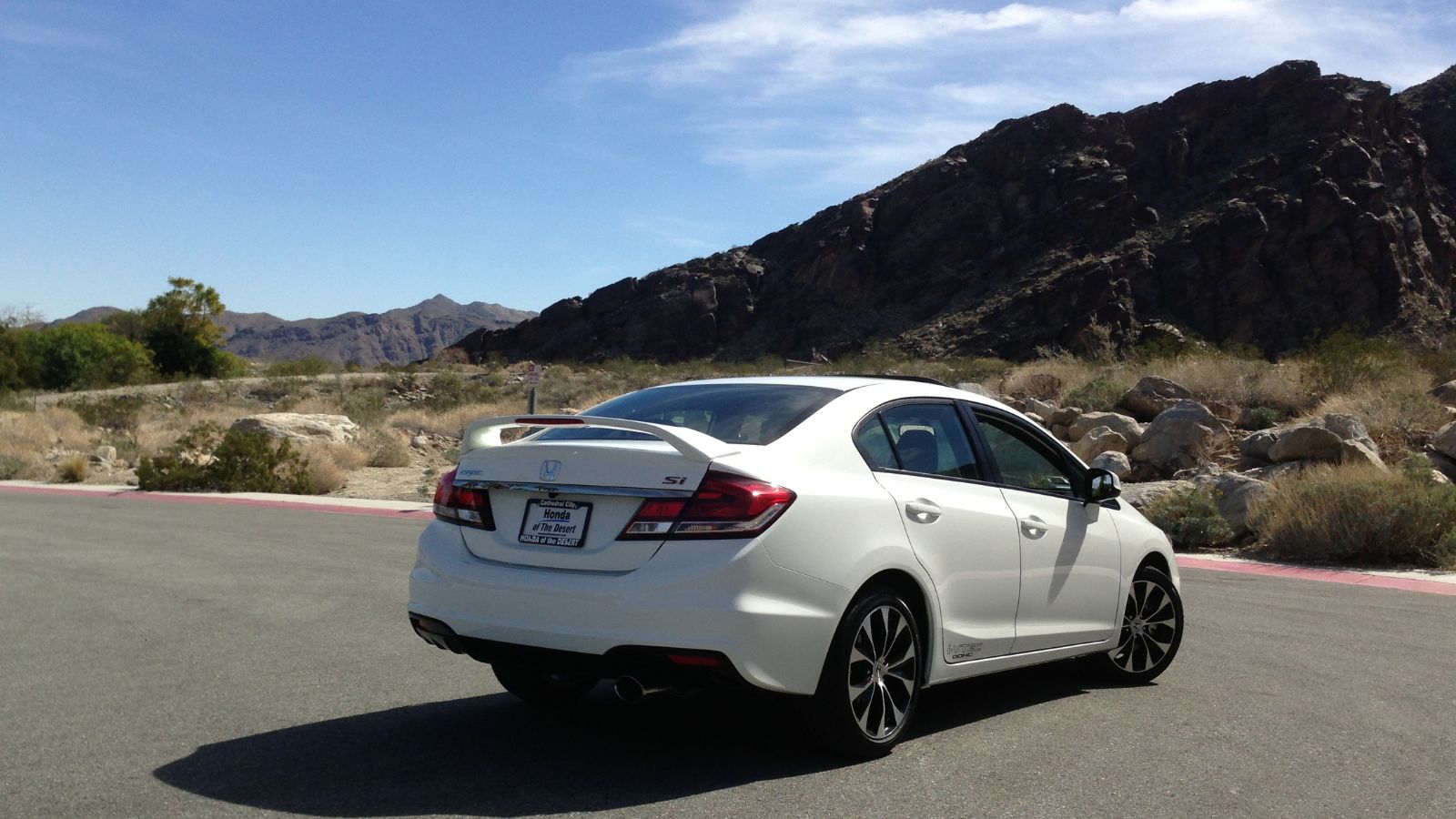
The frustration is not just about cost. It is about longevity, or rather the lack of it. Many older cars like that 2013 Civic were designed with simplicity in mind and can still be found running strong with two hundred thousand miles or more. Contrast that with today’s models packed with fragile sensors, turbocharged engines pushed to their limits, and infotainment systems that feel outdated within two years.
The result is a cycle where cars are not built to last decades anymore. Instead, they are engineered to keep drivers coming back to dealerships for repairs, upgrades, or replacements. Longevity has been replaced with constant turnover. For drivers who simply want a dependable car they can own outright, this feels less like progress and more like a trap.
Why Drivers Are Pushing Back
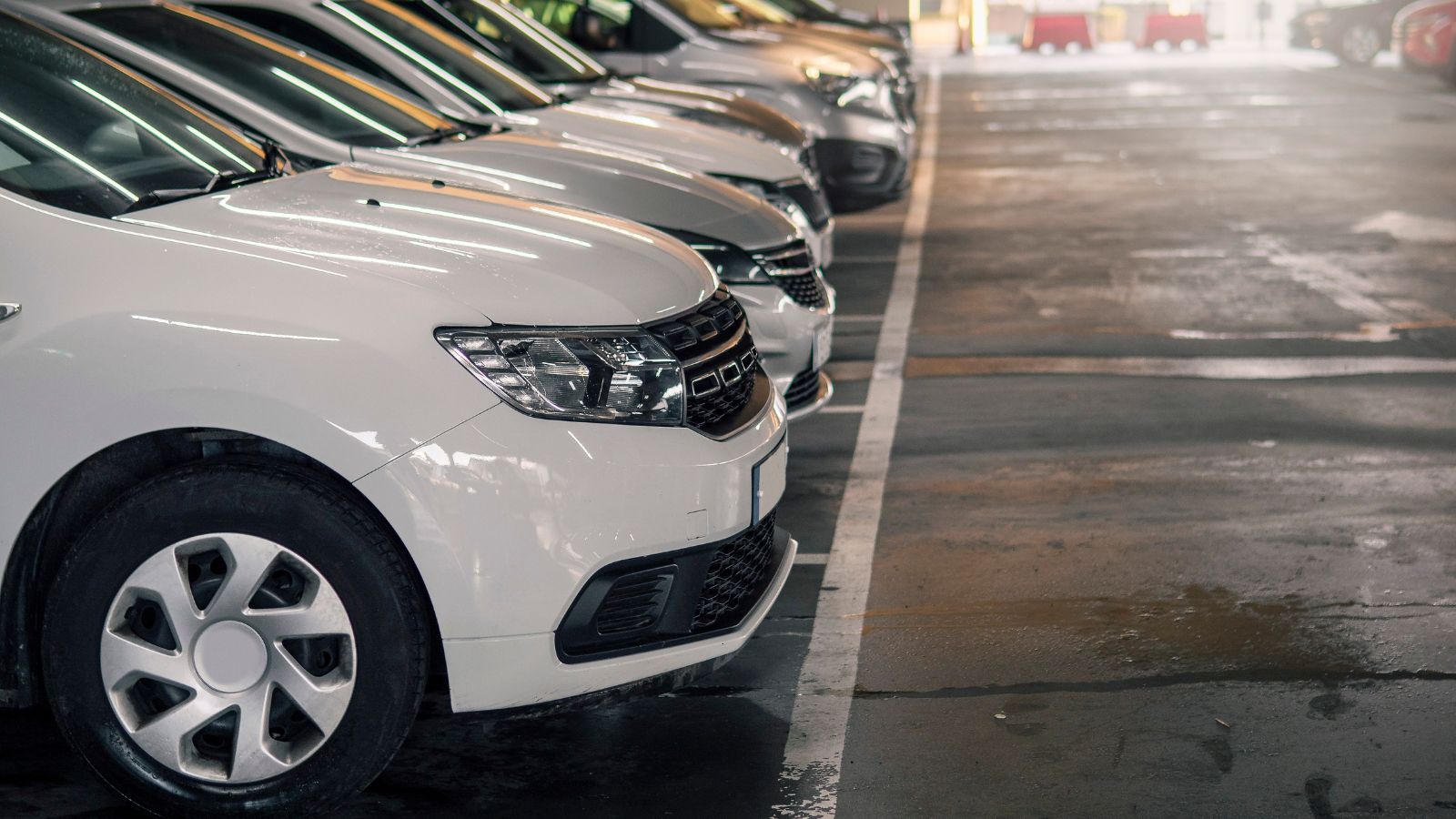
The viral nature of the Reddit post reflects a broader shift in consumer sentiment. People are holding onto their cars longer than ever before. The average vehicle on American roads today is more than twelve years old, the highest on record. That number proves it is not just nostalgia. It is strategy.
Drivers are realizing that keeping a reliable older car beats being saddled with debt for something bloated, over complicated, and overpriced. Many are putting money into maintaining what they have rather than trading in, because the long term value is better. For some it is also about control. An older car feels like it belongs to you rather than to the dealer who keeps selling add ons and subscription services.
The Civic as a Symbol
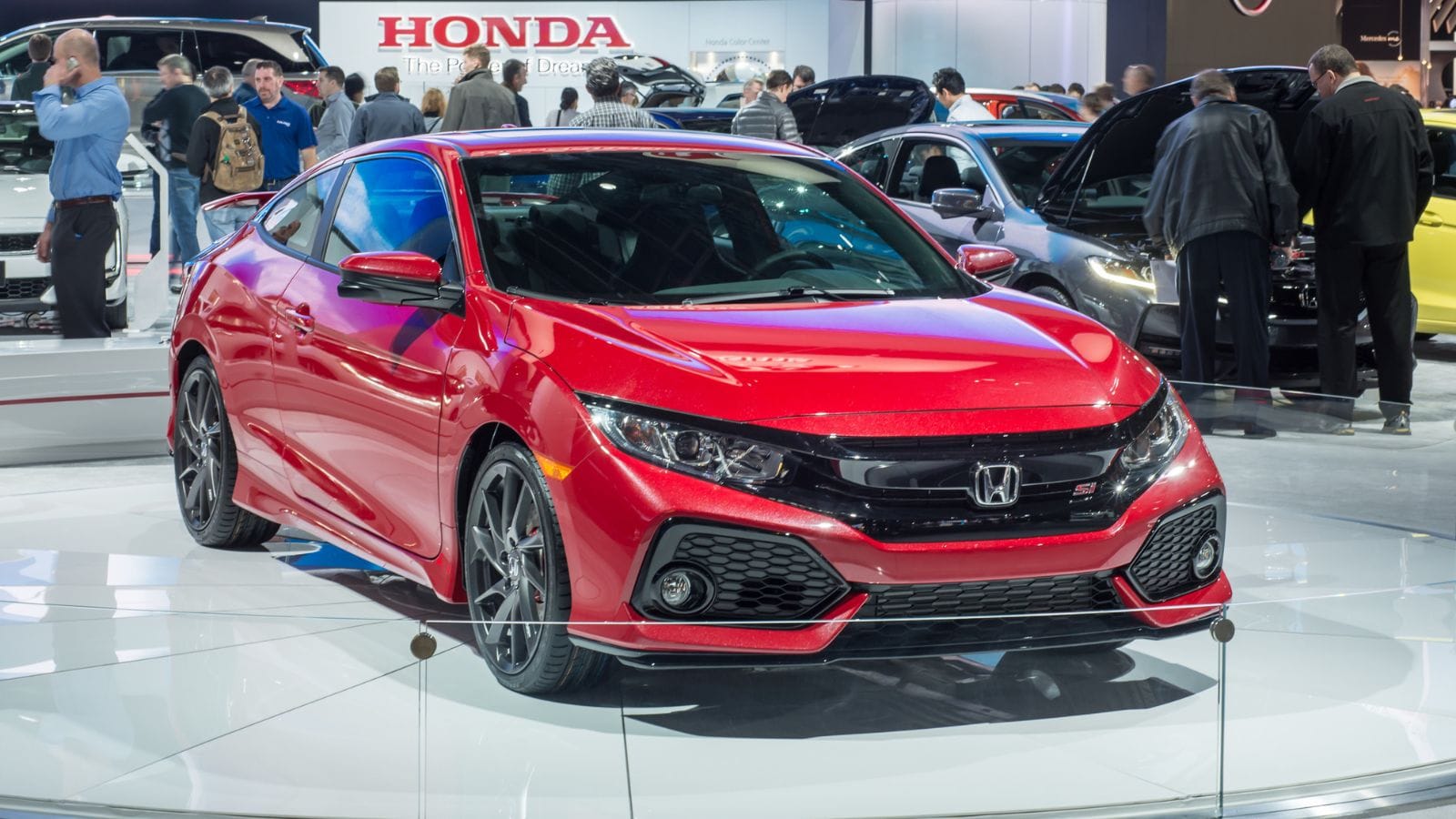
The Honda Civic is not glamorous, but it embodies what drivers are craving. It is reliable, affordable, and free from the constant financial pressure of modern car ownership. That one Reddit post was not just about one car. It was about a culture that has forgotten how valuable simple, durable cars really are.
The Civic represents a way of thinking about cars that has been overshadowed by marketing. It is a reminder that you do not need massive touchscreens, artificial engine sounds, or constant software updates to enjoy driving. What you need is confidence that your car will start every morning, take you where you need to go, and not drain your bank account in the process.
The Growing Movement
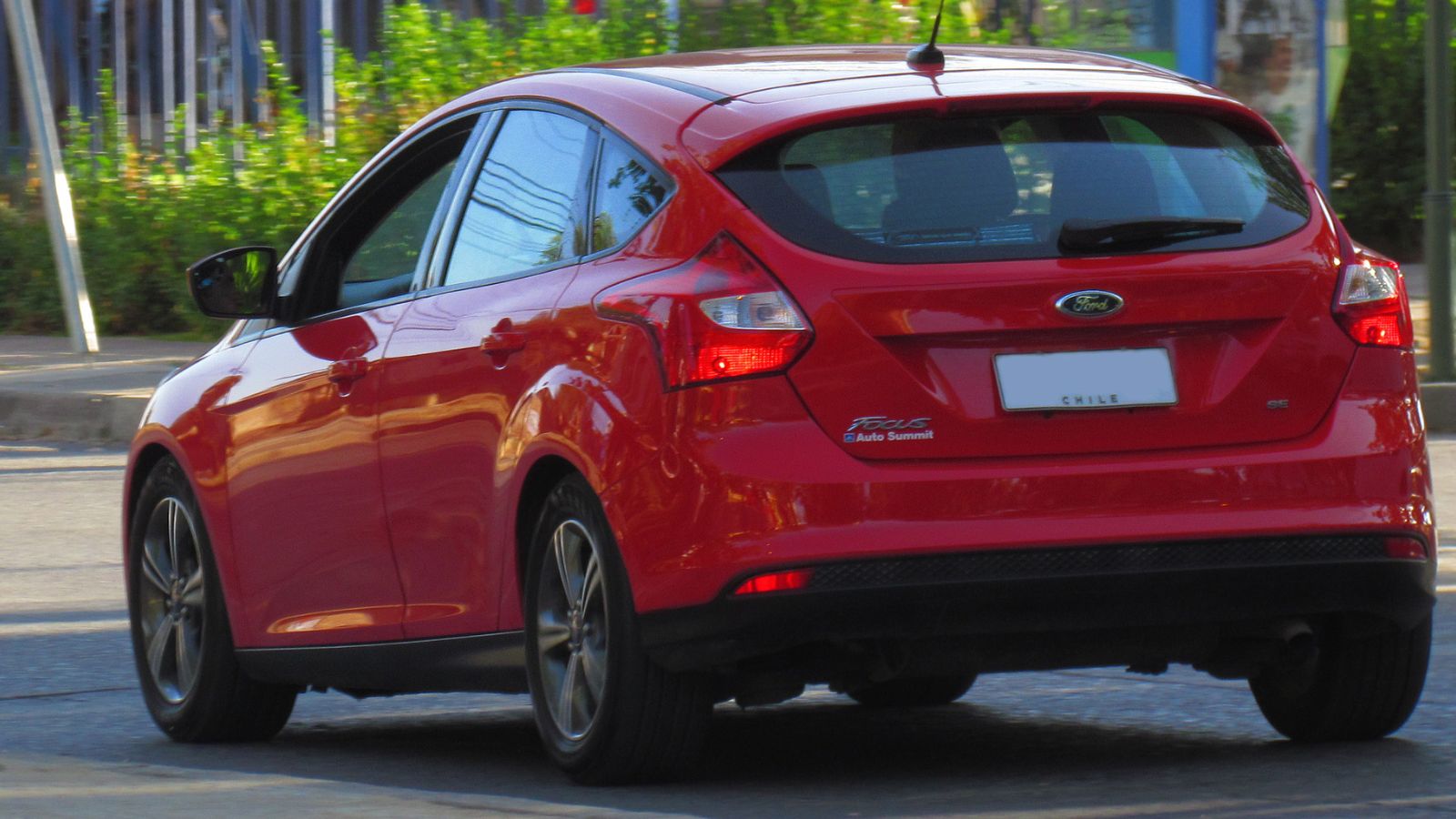
What began as one post has spread into broader conversations across online forums and car communities. More people are proudly declaring that they intend to keep their cars for as long as possible. Enthusiasts are sharing tips on maintenance, while average drivers are finding comfort in knowing they are not alone in rejecting the endless push to buy new.
This is not just about Honda Civics. It applies to Toyota Corollas, Ford Focuses, Chevrolet Malibus, and countless other workaday cars that keep families and workers moving. These vehicles may not be glamorous, but they are dependable. In an age when the industry seems to prize complexity and high margins over trust, sticking with these older models is a small act of rebellion.
Return to an Era When Cars Were Built to Last
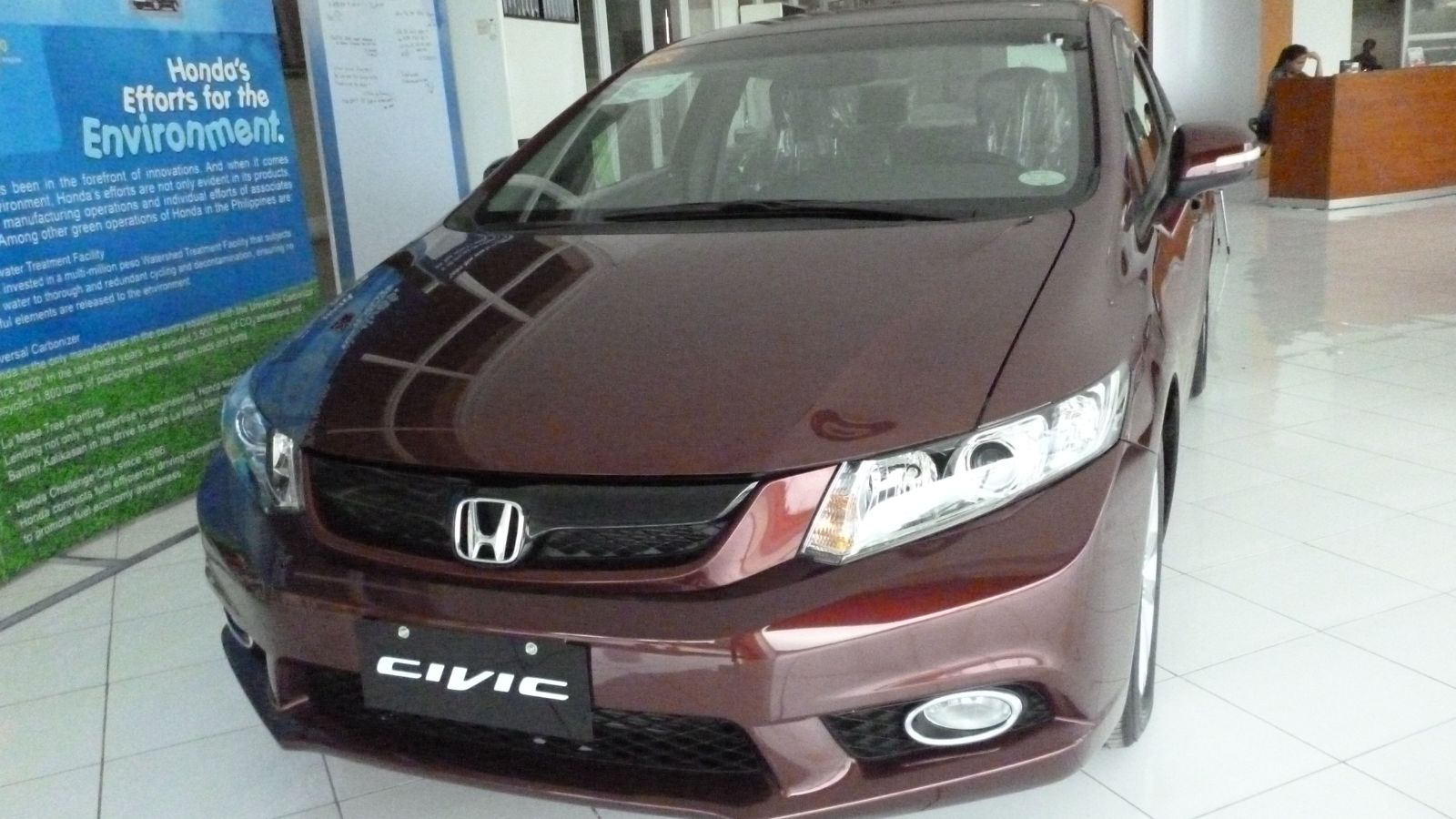
The automotive industry thrives on convincing us we need the latest model, the newest features, and the biggest payment plans. But more and more drivers are pushing back, choosing to keep their older, dependable cars on the road for as long as possible. A 2013 Civic might not turn heads, but in 2025 it represents something powerful. It stands for independence from a car market that too often feels like a con and a return to an era when a car was built to last.
25 Facts About Car Loans That Most Drivers Don’t Realize

Car loans are one of the most common ways people fund car purchases. Like any other kind of loan, car loans can have certain features that can be regarded as an advantage or a disadvantage to the borrower. Understanding all essential facts about car loans and how they work to ensure that you get the best deal for your financial situation is essential. Here are 25 shocking facts about car loans that most drivers don’t realize:
25 Facts About Car Loans That Most Drivers Don’t Realize
